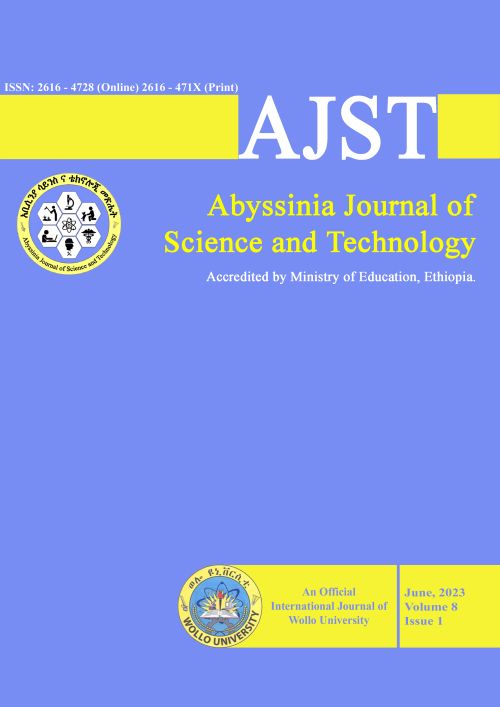Main Article Content
Knowledge, perception and practice related to bovine tuberculosis and health service-seeking behavior of urban and peri-urban dairy
Abstract
Bovine tuberculosis (TB) creates a substantial public health burden and economic loss in low- and middle- income countries, including Ethiopia. Close interaction between animals and humans is a primary contributor to the transmission of the disease. This study was conducted to identify existing knowledge and practice around zoonotic tuberculosis and related health service-seeking behavior among dairy farmers in Ethiopia's urban and peri-urban dairy belt areas. A cross-sectional household survey with random sampling was conducted among 480 dairy farmers. We found that 80% of respondents seek modern health services when faced with major illnesses. When they were asked to evaluate their own household’s health status,36% indicated that their health status was excellent, and only 5% said that their health status was poor. Educational status, region, household size, household residence, and income were significantly associated (p < 0.05) with the health-seeking behavior of participants. General awareness of tuberculosis was found to be high, with over 92% of participants having knowledge about the disease. However, there was room for improvement in their understanding of reverse zoonosis and certain practices aimed at TB prevention. Factors such as household size, education level, and health status of the participants (p < 0.05) were found to be associated with TB knowledge. Given the significant impact of the disease, it is highly recommended to plan a cost-effective intervention strategy. This could potentially include training and awareness programs that focus on the transmission routes of bovine tuberculosis, sources of infection, and methods of control and prevention.







